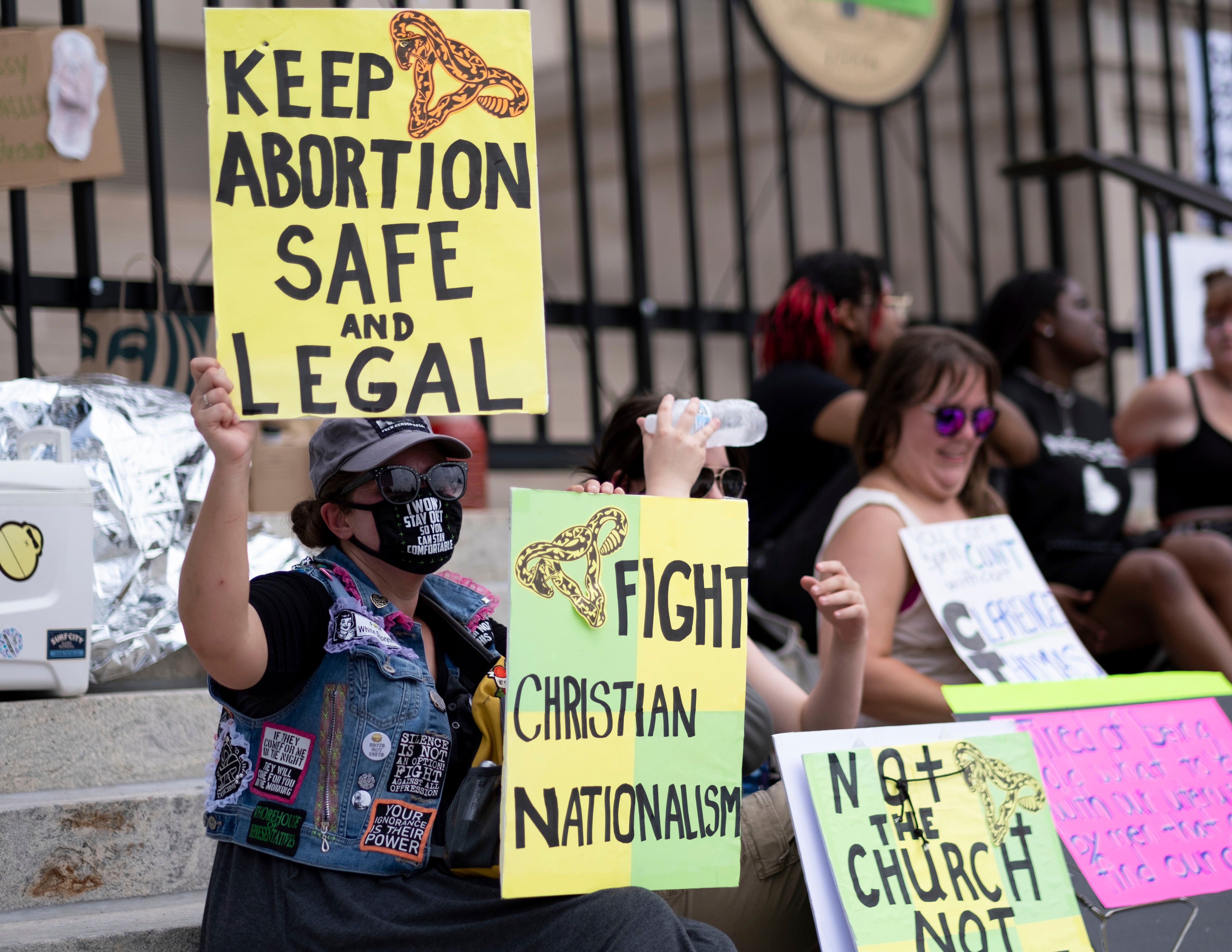Current News on Abortion in Georgia: A Comprehensive Overview
The abortion landscape in Georgia has been a focal point of legal and social debate, especially following the U.S. Supreme Court's decision to overturn Roe v. Wade. This ruling has led to significant changes in abortion laws across the country, including Georgia, where a six-week abortion ban has been a contentious issue. Below is a detailed summary of the current situation regarding abortion laws in Georgia, highlighting key developments, legal battles, and their implications.
Legal Framework and Recent Developments
Six-Week Abortion Ban
In 2019, Georgia passed a law known as H.B. 481, which bans abortions after approximately six weeks of pregnancy. This law was enacted while Roe v. Wade was still considered settled law, raising questions about its constitutionality. The law faced immediate legal challenges, and in November 2022, a judge temporarily overturned the ban, citing its unconstitutionality at the time of its enactment. However, this decision was short-lived.
On October 24, 2023, the Georgia Supreme Court upheld the six-week abortion ban, reversing the lower court's decision. The court's ruling stated that the law is valid, despite arguments from doctors and advocacy groups claiming it violates constitutional rights. This ruling has significant implications for women seeking abortions in Georgia, as it effectively restricts access to abortion services.
Implications of the Ruling
The upholding of the six-week ban has left many women in Georgia with limited options. The law allows for abortions only in very early stages of pregnancy, often before many women even realize they are pregnant. This has raised concerns about the potential health risks for women who may be forced to carry unwanted pregnancies to term or seek unsafe alternatives.
Recent Cases and Health Risks
Recent reports have highlighted tragic outcomes linked to the abortion ban. For instance, Amber Nicole Thurman, a Georgia woman, died from an infection in 2022, which is believed to be the first confirmed maternal fatality linked to the state's abortion restrictions. Experts argue that her death could have been prevented had she received timely medical care, which was delayed due to the restrictive abortion laws.

Ongoing Legal Challenges
Despite the recent ruling, legal challenges to the six-week ban continue. Advocacy groups, including the American Civil Liberties Union (ACLU), are actively pursuing legal avenues to challenge the law's constitutionality. The ACLU has criticized the Georgia Supreme Court's decision, arguing that it disregards long-standing legal precedents that deem unconstitutional laws void from the start.
Political Landscape and Public Response
The political climate surrounding abortion in Georgia is highly charged. Governor Brian Kemp and other Republican leaders have expressed strong support for the six-week ban, framing it as a moral imperative. However, this stance has drawn criticism from various advocacy groups and healthcare professionals who argue that the law endangers women's health and autonomy.
Federal Oversight
In response to the ongoing crisis, U.S. Senator Jon Ossoff has taken a proactive approach by leading a Senate subcommittee to investigate the impact of Georgia's abortion laws. This committee aims to assess the human rights implications of the state's restrictive policies and gather testimonies from affected individuals and healthcare providers.
Public Sentiment
Public opinion on abortion in Georgia remains divided. While many conservative voters support the ban, a significant portion of the population advocates for reproductive rights and access to safe abortion services. This division is likely to play a crucial role in upcoming elections, as candidates navigate the complex landscape of abortion politics.
The situation regarding abortion in Georgia is fluid and continues to evolve. The recent ruling by the Georgia Supreme Court to uphold the six-week ban has intensified the debate over reproductive rights in the state. As legal challenges persist and public sentiment shifts, the future of abortion access in Georgia remains uncertain. Advocacy groups are committed to fighting for women's rights, while state leaders continue to push for restrictive measures. The implications of these developments will undoubtedly resonate beyond Georgia, influencing the national conversation on reproductive rights in the post-Roe era.
For more detailed information and updates, you can explore the following articles:
- Abortion in Georgia: Here is what’s currently legal — and not
- Georgia Supreme Court Allows State’s Six-Week Abortion Ban to Remain in Effect
- Judge overturns Georgia’s ban on abortion after around 6 weeks
As the situation develops, it is crucial to stay informed about the legal, political, and social implications of abortion laws in Georgia and across the United States.





